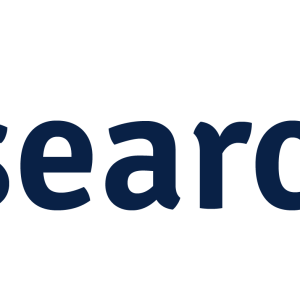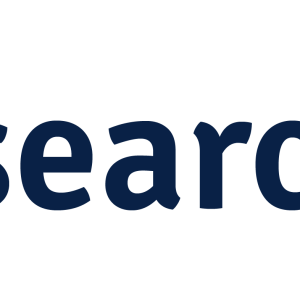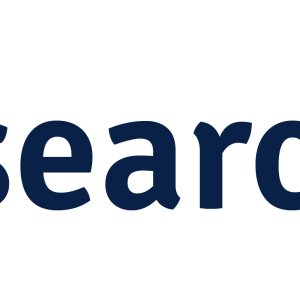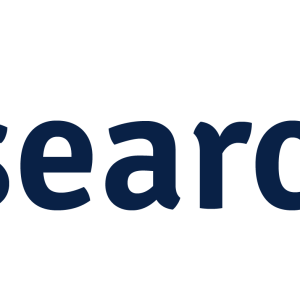The Molecular Diagnostics Market is witnessing unprecedented growth, driven by the rising prevalence of chronic diseases, advancements in diagnostic technologies, and increasing demand for personalized medicine. Molecular diagnostics, which involve analyzing biological markers in the genome and proteome, offer highly accurate disease detection and prognosis, transforming patient care across the globe.
Rising awareness about early disease detection is fueling the adoption of molecular diagnostics solutions. Health institutions are increasingly leveraging these tests for infectious disease management, oncology, and genetic disorder screening. Moreover, integration with digital healthcare systems has enabled faster, more accurate diagnostics, boosting market penetration in both developed and emerging regions.
The market also benefits from increasing investments in research and development. Continuous innovation in PCR-based tests, next-generation sequencing, and point-of-care diagnostic devices is expected to enhance detection capabilities while reducing costs. The molecular diagnostics landscape is evolving rapidly, presenting numerous growth opportunities for stakeholders.
Request a Sample Report: https://researchintelo.com/request-sample/3424
Market Drivers and Growth Factors
Several factors are propelling the molecular diagnostics market forward:
-
Technological Advancements: The rise of high-throughput sequencing, microarray analysis, and CRISPR-based diagnostics is enhancing detection efficiency.
-
Rising Disease Burden: Increasing cases of cancer, infectious diseases, and genetic disorders drive demand for accurate diagnostic solutions.
-
Personalized Medicine: Growing preference for targeted therapies necessitates molecular-level diagnostics for patient stratification.
Despite these drivers, certain challenges may affect growth. High costs associated with advanced molecular tests and regulatory complexities in emerging markets can slow adoption. Additionally, the need for skilled professionals to operate sophisticated diagnostic tools may limit rapid expansion in resource-constrained regions.
Global Market Trends and Insights
The molecular diagnostics market exhibits robust regional growth patterns:
-
North America leads globally, accounting for a significant share due to advanced healthcare infrastructure, high R&D investment, and strong regulatory support.
-
Europe is experiencing steady growth, with increasing adoption of molecular diagnostic tools for oncology and infectious disease management.
-
Asia-Pacific presents vast opportunities, driven by rising healthcare expenditure, growing disease awareness, and expanding laboratory networks.
Market analysts predict a CAGR of approximately 10-12% over the next five years, with the global market value projected to surpass USD 15 billion by the end of the forecast period. Rising collaborations between diagnostic laboratories and healthcare providers further stimulate market expansion.
View Full Report: https://researchintelo.com/report/molecular-diagnostics-market
Opportunities in the Molecular Diagnostics Market
Emerging trends are creating significant opportunities for market participants:
-
Point-of-Care Testing: Rapid tests offering immediate results are gaining popularity in clinics and remote regions.
-
Companion Diagnostics: Increasing use of molecular diagnostics to guide personalized treatment options opens new avenues in oncology and chronic disease management.
-
Home-based Diagnostics: Growing consumer preference for at-home testing solutions, particularly for genetic disorders and infectious diseases, is expected to transform market dynamics.
Furthermore, integration with AI and machine learning technologies is enabling predictive diagnostics and better data interpretation, paving the way for more precise and efficient healthcare delivery.
Competitive Landscape and Strategic Developments
The molecular diagnostics sector remains highly competitive, with players focusing on technological innovation, strategic partnerships, and product diversification. Companies are investing in automated platforms and multiplex assays to expand their product portfolios and enhance testing efficiency. In addition, collaborations with research institutes and hospitals accelerate adoption of cutting-edge diagnostic technologies globally.
Regulatory and Reimbursement Environment
Regulatory approvals play a critical role in market expansion. Governments in developed regions provide streamlined pathways for molecular diagnostic tests, ensuring faster commercialization. However, reimbursement policies vary across countries, which can impact adoption rates. Favorable reimbursement frameworks, particularly in oncology diagnostics, are expected to accelerate market growth and increase accessibility to advanced tests.
Enquire Before Buying: https://researchintelo.com/request-for-customization/3424
Segment Analysis
The market is segmented by product type, application, technology, and end-user:
-
By Product Type: Reagents, instruments, software, and services. Reagents dominate due to recurring consumption.
-
By Technology: PCR, hybridization, sequencing, and microarray technologies. PCR remains the most widely adopted due to cost-efficiency and accuracy.
-
By Application: Infectious disease, oncology, genetic testing, and others. Oncology applications witness the highest growth driven by precision medicine.
-
By End-User: Hospitals, diagnostic laboratories, and research institutes. Diagnostic laboratories lead, benefiting from high test volumes and specialized services.
These segments collectively illustrate the market’s diversification and potential for tailored solutions across multiple healthcare domains.
Future Outlook
The molecular diagnostics market is set to redefine healthcare delivery with innovative diagnostic approaches. Continuous advancements in molecular biology, genomics, and bioinformatics are expected to increase test accuracy while reducing turnaround time. Market growth is further supported by rising healthcare awareness, expanding diagnostic infrastructure, and the shift toward preventive healthcare strategies.
The adoption of portable and rapid diagnostic devices, coupled with AI-driven analysis, will likely drive next-generation molecular diagnostics, particularly in developing economies. Strategic investments in R&D and global collaborations will further strengthen the market position of key players.
Check Out the Report: https://researchintelo.com/checkout/3424
Conclusion
The global molecular diagnostics market presents a dynamic growth landscape characterized by technological innovation, rising disease prevalence, and increasing demand for personalized medicine. While challenges such as high costs and regulatory hurdles exist, the market offers abundant opportunities in point-of-care testing, companion diagnostics, and home-based solutions.






